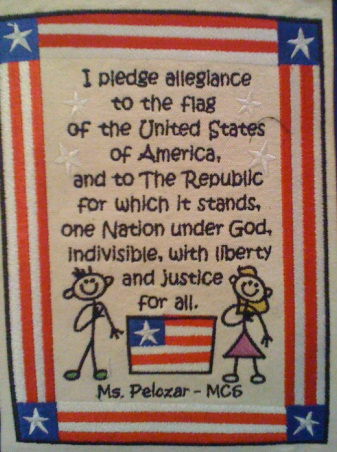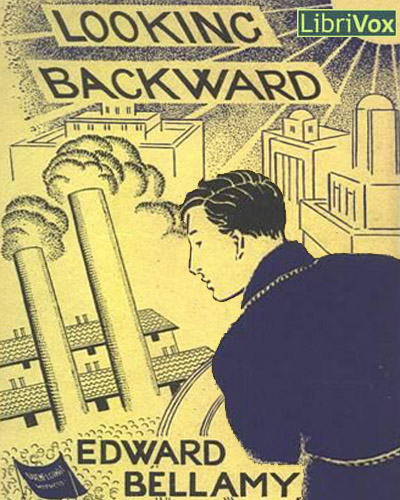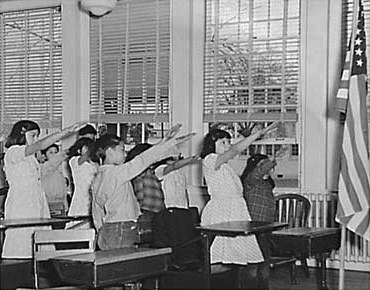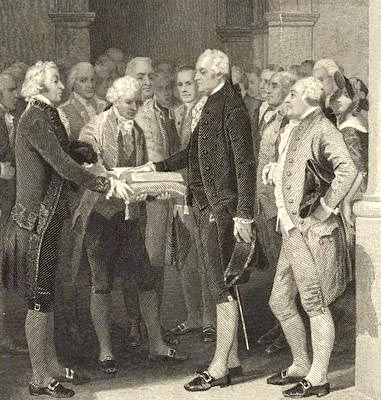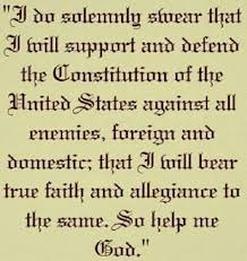| | Recently in Texas, 15 year old Mason was suspended from school for refusing to stand for the pledge of allegiance. I certainly support his right to do so, but his reason for exercising this right, I fully endorse. He says, "I love my country, but not the government." Over time American culture has blurred the lines between society and government. When many of us think of country, we think primarily of the political structure with its flags, capitals, monuments, politicians, constitutions, military, etc. But for Mason and myself, a country is the land, the people, industry and the traditions of individual liberty. The government is only an appendage of these, grown from our greatest societal deficiencies, a reflection of our failures. This is why Thomas Paine called government a "necessary evil". From this perspective I will try to explain why I have chosen to not pledge my allegiance to the republic for which the flag stands. Many are offended by this and jump to the conclusions that I must hate America and the sacrifices that have been made to preserve the few freedoms I still enjoy for now. This is an unfair assumption, and I find that it is a highly inaccurate stereotype of people who do not pledge. So, let it be clear that I believe that a person that is willing to voluntarily give his or her life to protect the freedom and lives of the innocent deserves the highest honor and respect. Most people of the world do not see the government of the United States and its flag as representatives of those sacrifices or of human liberty. They see them as mockeries of those sacrifices and freedoms. Most who do not stand for the pledge, are actually making a legitimate statement opposing the evils that this symbol represents. I also understand that most of the people who do say the pledge do it for the good that the flag represents to them. The difference between these two groups of people are in what the symbol represents to them. Both are expressing their belief in the ideas of freedom. History of the Pledge Not much is written in textbooks regarding the post-civil war era through the early 1900's. Study of this time period reveals an extreme contrast in political philosophies between the founding generation, one that cherished individual rights, and a progressive era that made U.S. nationalism their primary religion. From this time period came the Pledge of Allegiance. The Pledge was written by Francis Bellamy, a national socialist, who was hired to sell flags to the reconstructed public school system (patterned after the prussian school system). He wrote the pledge so the teachers would have a reason to request the purchase of these flags. His goal and the goal of this school system was to indoctrinate young minds to allegiance to the state so that they would be malleable soldiers and factory workers to bring about a socialist utopia. Edward Bellamy, Francis's cousin, wrote a novel called Looking Backward, a story which fantasized about this socialist utopia. The book takes place in the year 2000 and explains how this 'great' society was achieved over the last 100 years. This massively successful book sold tens of thousands of copies across the country and sparked an ideological revolution in support of this doctrine of nationalism, in the U.S. If you look at the photos to the left you will see the original flag salute, called the Bellamy salute. It is no coincidence that the same salute was adopted by Hitler and Mussolini when establishing their national socialist movements. The word Nazi comes from the german word Nationalsozialismus (national socialism). Even though the Pledge's salue was changed after WW2, for obvious reasons, The terrible philosophies of National Socialism and Economic Fascism have thrived here ever since. The history of the pledge should be cause enough for one to reconsider saying it, but there is another reason of greater weight that finally convinced me to stop pledging. Who is the Master? There are two pledges that are common in the U.S.A. Both seem similar in content but actually come from two opposing ideologies. The oldest of these, The Oath of Office, has been taken by representatives, soldiers, lawyers and state employees since the founders. This oath is made to the people, swearing that as an agent of government, they will defend and honor the limitations of their power via the constitution. In the case of this oath, it is supposed that the people are the masters and government their servant. This is the proper orientation. The Pledge of allegiance supposes the opposite. Here "We the People" swear an oath to the republic/government suggesting that the people are submissive to it as their master. This way of thinking has proven time and again to be a destructive and dangerous theology. A free people only need pledge allegiance to themselves, their convictions and to their pursuits of happiness. In an environment where individual rights trump "the greater good", freedom and prosperity are most secure. |
|
0 Comments
Leave a Reply. |
About the AuthorElijah Stanfield is a professional video producer and illustrator--most notably for the children's book series, the Tuttle Twins. |

